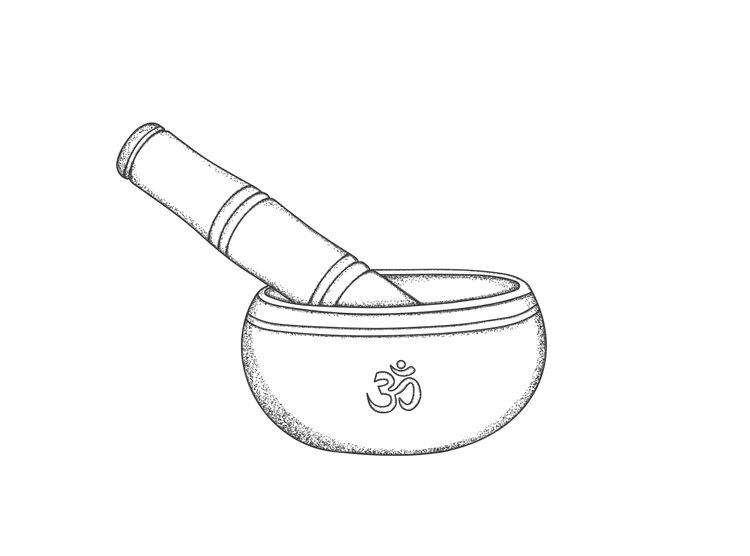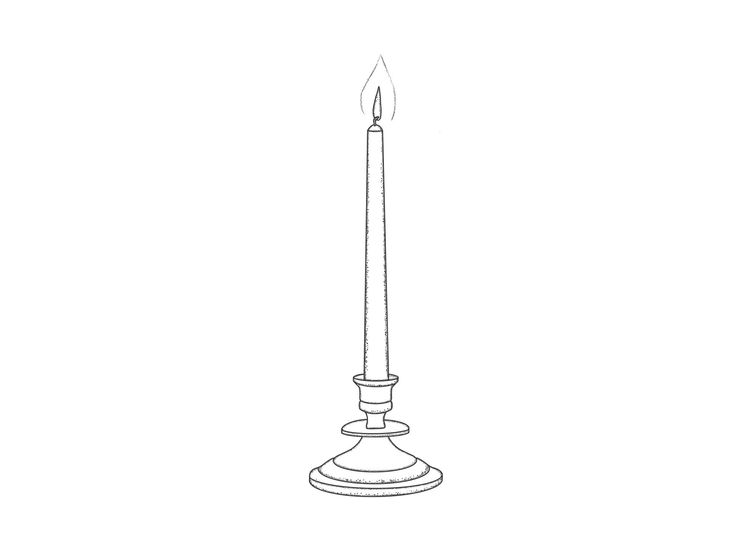Atonement

How do we live with the truth about ourselves—the bad as well as the good, the violence as well as the compassion, the hatred as well as the love? How do we live with the truth about us as humans—the things we have done to each other, the horrors we have perpetrated? Who will hear our confession? Who will carry the burden of knowledge?
In atonement, we acknowledge our transgressions. We recognize the sins of our family, our tribe, our people. The suffering we have caused others needs to be seen and heard, just as as our own suffering must be seen, must be heard.
In atonement, we find the honesty and the courage to look beneath our anger and be with our shame. We surrender to it. We die into it. We humble ourselves. We take responsibility for all of our nature, for all that we are capable of.
In atonement, we join with our shame and find relief. We put down our secret burden. We find succor in communion—with ourselves, with others, with our God. In communion we transcend the ego, which is both the sinner and the one who is sinned against. We become whole. We find holiness.
Atonement is a relatively new word. Some creative spark from the sixteenth century made it by bolting together at-one-ment, signifying union or reconciliation. For Christians, the desired reconciliation is with an almighty God. Hindus and Buddhists seek to join with the God inside them—the infinite love they touch in the stillness of meditation, the atman that sees all and accepts everything. Secular practitioners unburden themselves with therapists and coaches and learn habits of self compassion. All of these practices seem to me to point to the enduring human need to find relief from the burden of our shame. "Shame dissolves in contact," says my Gestalt psychotherapy teacher, Joan. Atonement provides contact. Forgive me father, for I have sinned.
The French philosopher and anthropologist René Girard saw in the crucifixion a revolutionary rewriting of ancient pagan sacrificial myth. According to Girard, human desire functions imitatively: we desire what others desire. Because desire is imitative, our collective desires converge on the same objects, leading to conflict and violence. Primitive societies resolved this conflict by pinning blame for the group's divisions on a single individual, says Girard—a scapegoat who would be killed to reestablish group cohesion.
Whereas pre-Christian myth proclaims the guilt of the sacrificial scapegoat, the crucifixion takes the perspective of the victim, writes Girard in Things Hidden Since the Foundation of the World. Christ is innocent, and in his innocence exposes the truth of human society—that it maintains its cohesion through oppression and sacrificial murder.
The story of the crucifixion offers moral revelation of individual and collective sin. Simultaneously, it provides a mechanism for our atonement and reconciliation with God who, according to the New Testament, took on human form in order to die for our sins.
Holiness is another word with an interesting etymology. Among its Old English and Old German roots are words that mean health, healing and making whole.
I feel that one of the very great things that C. G. Jung contributed to mankind’s understanding was the concept of the shadow. That everybody has a shadow, and that the main task of the psychotherapist is to do what he called, “to integrate the evil,” to, as it were, put the devil in us in its proper function. Because, you see, it’s always the devil, the unacknowledged one, the outcast, the scapegoat, the bastard, the bad guy, you see, the black sheep of the family. It’s always from that point that—which we could call the fly in the ointment, you see—that generation comes.
In other words, in the same way as in the drama: to have the play it’s necessary to introduce a villain, it’s necessary to introduce a certain element of trouble. So, in the whole scheme of life, there has to be the shadow, because without the shadow there can’t be the substance.
So this is why there is a very strange association between crime and all naughty things, and holyness. You see, holyness is way beyond being good. Good people aren’t necessarily holy people. A holy person is one who is whole; who has, as it were, reconciled his opposites. And so there’s always something slightly scary about holy people. And other people react to them in very strange ways; they can’t make up their minds whether they’re saints or devils. And so holy people have, throughout history, always created a great deal of trouble, along with their creative results.
Let’s take Jesus, for example. The trouble that Jesus created is absolutely incalculable. Think of the Crusades, the Inquisition, the—heaven only knows what’s gone on in the name of Jesus. Very remarkable. Freud’s a big troublemaker, as well as a great healer, you see? It all goes together.
So, the holy person is scary because he is like the earthquakes—or better, still—he’s like the ocean. See, the ocean, on a lovely sunny day, you can say, “Oh, isn’t that gorgeous?” You can go into it, and relax, and float around. But boy, when the storm comes does that thing get mad. Terrifying! So there is, in us, the ocean, you see? And Jung felt that the whole point was to bring the two together, and—by a kind of fantastic honesty—to penetrate one’s own motivations to the depths.
Out of Your Mind, Program 4: The Web of Life (part 2), Alan Watts.
Some of the facts of human history are exceptionally difficult to be with—the genocides and pogroms, the slavery, the things we have done to each other in the name of commerce, science and religion. Here in America, our culture wars seem to pit our divided natures against each other, one side proclaiming the exceptionalism of the American project, the other the genocide and slavery on which America was built.
I am a white European. It was my ancestors, my tribe, my people who committed these atrocities, and many others like them all over the world. Who will show us how to look beneath our anger—which seeks out our shadow, projected onto others—and be with the shame of our history? How do we make sure that the terrible suffering we have caused is seen and heard?
Who will die for our sins?
Each week I explore a life metaphor that has touched me in my coaching. Subscribe to get my newsletter every Sunday morning. You can also follow me on Medium, or on LinkedIn. Feel free to forward this to a friend, colleague, or loved one, or anyone you think might benefit from reading it.




